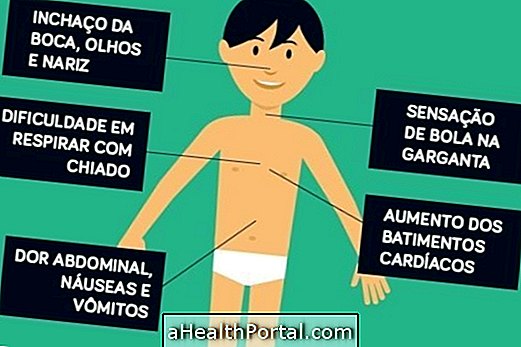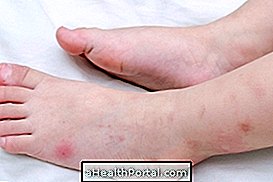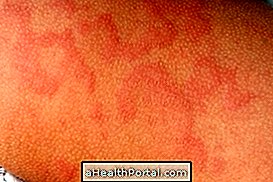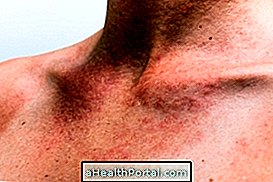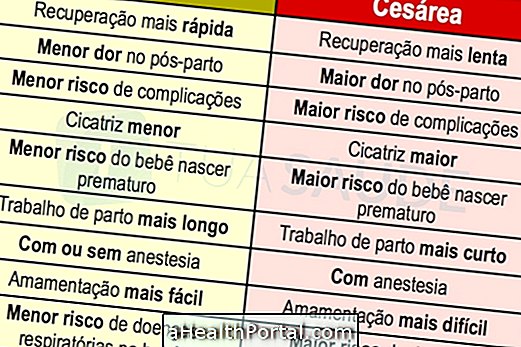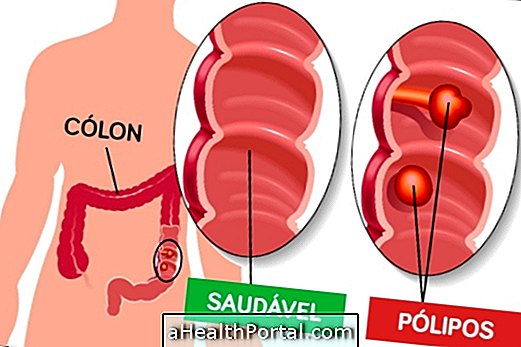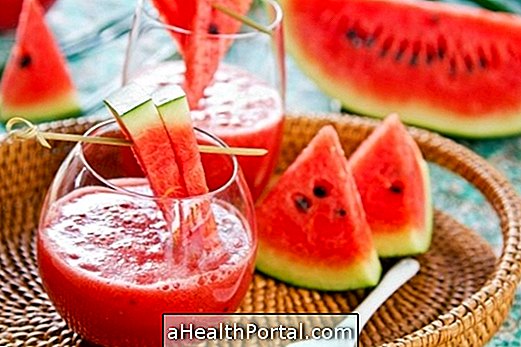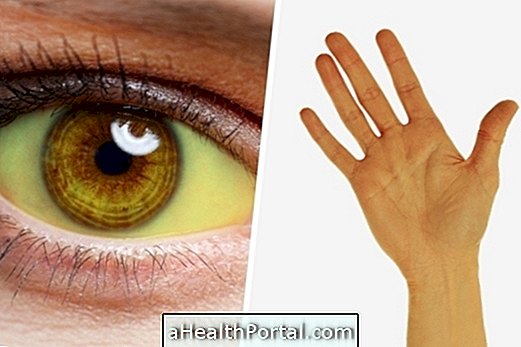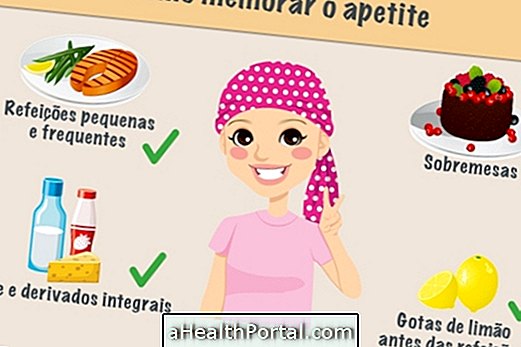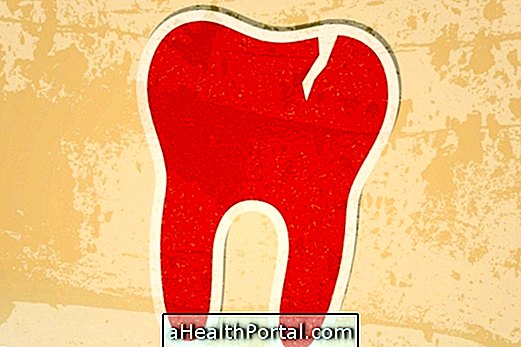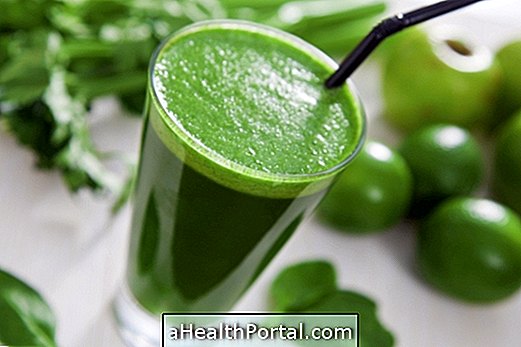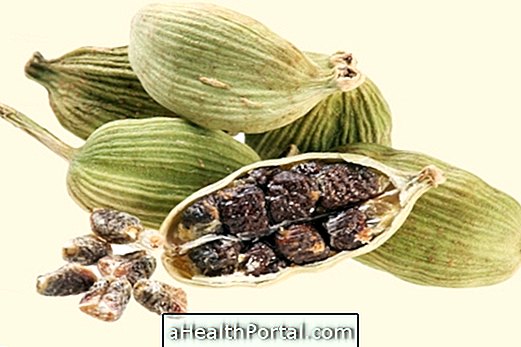Food allergy is an allergic reaction to some component in a particular food and is usually linked to genetic inheritance. Thus, allergic parents are more likely to have children who also have this problem, which usually appears until age 3, but may also arise only in adult life.
In addition, it is common for children with food allergies to also have other allergic diseases as they grow, such as rhinitis, otitis or asthma, and it is important to consult your pediatrician regularly to make appropriate treatment and prevent complications. See all food allergy symptoms.

Main causes
The main foods that can cause allergy are milk, egg, peanut, soy, wheat, gluten, fish, nuts and shellfish, such as shrimp and crab, as they are contain proteins that can react with the body and trigger an immediate response of the immune system .
Care must also be taken to avoid consuming preparations containing these foods as ingredients, such as cakes, puddings, ice cream, sauces and biscuits.
Foods That May Make Allergies Worse
People with allergic skin manifestations should be alert to foods that may worsen the symptoms of redness and itching, such as:
- Fruits: avocado, pineapple, banana, coconut, citrus fruits like orange and kiwi, nuts and strawberries;
- Vegetables: onion, eggplant, spinach, peppers and tomatoes;
- Cereals: raw beans, corn, oats, soybeans;
- Meat and fish: herring, tuna, mackerel, seafood, salmon, salami and pork;
- Others: egg white, chocolate, beer, wine and alcohol in general.
Thus, it should be noted if the intake of these foods causes worsening of allergy symptoms, and it is also important to talk with the allergist doctor to assess whether there is a need to avoid the consumption of any of them.
See how food allergy treatment is done.
